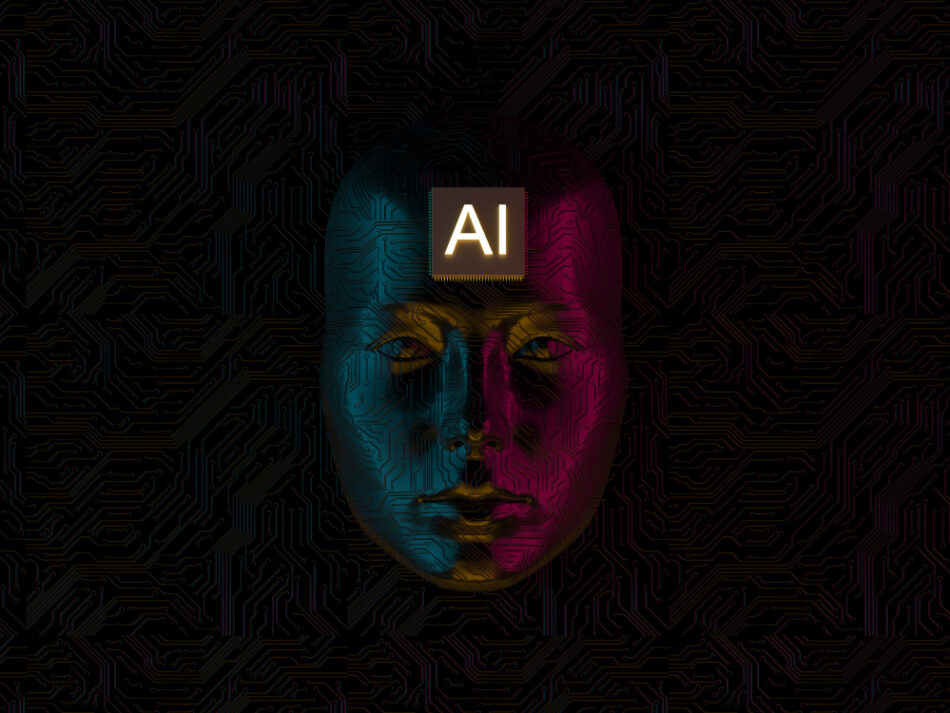The rapid evolution of artificial intelligence has brought about a paradigm shift in how businesses and developers approach software creation. One of the most transformative innovations in this space is the rise of AI copilots—intelligent digital assistants that enhance productivity, automate routine tasks, and even write code. While AI copilots started as proprietary tools developed by tech giants, the emergence of open source models is now democratizing AI copilot development, making it more accessible, affordable, and customizable for everyone.
Whether you’re a startup, enterprise, or mobile app development company, the ability to build or integrate your own AI copilot has never been more feasible. Let’s explore how open source models are driving this change and empowering businesses and developers around the world.
What Is an AI Copilot?
An AI copilot is an AI-powered assistant designed to work alongside humans, helping them accomplish complex tasks faster and more efficiently. In development environments, AI copilots can suggest code, detect bugs, automate documentation, and even manage tasks like deployments or testing. In business applications, they can streamline operations, manage emails, analyze data, and support customer service.
The surge in popularity of AI copilots was largely driven by tools like GitHub Copilot. But what was once exclusive to big tech companies is now being decentralized through open source innovations.
The Role of Open Source in AI Copilot Development
Open source AI models like Meta’s LLaMA, Mistral, Falcon, and Stability AI’s StableLM have shifted the landscape. Unlike proprietary models that operate as closed black boxes, open source alternatives give developers full access to model architecture, weights, and training data (in some cases), enabling greater transparency and innovation.
Key Contributions of Open Source Models:
- Accessibility: Anyone can access and use these models, reducing reliance on expensive commercial APIs.
- Customizability: Open source models allow for domain-specific fine-tuning—essential for tailoring AI copilots to unique use cases.
- Community Innovation: An active developer community drives faster improvements and security audits.
- Cost Efficiency: Avoid high subscription fees and build self-hosted solutions, especially beneficial for startups and SMEs.
Why This Matters for AI Copilot Development Companies
For any AI Copilot Development Company, the ability to build with open source models means faster prototyping, cost control, and more client-specific solutions. You’re no longer bound to the limitations of proprietary APIs and can instead create AI copilots with fine-tuned capabilities for specific industries—whether it’s legal tech, healthcare, finance, or retail.
Some companies even go a step further by combining open source models with commercial cloud infrastructure to create hybrid systems that balance performance, privacy, and cost.
Open Source Models Powering AI Copilots
Here are some popular open source models enabling next-gen AI copilots:
- LLaMA 2 (Meta)
Known for its efficiency and performance across tasks like reasoning, summarization, and coding. - Mistral
Lightweight and powerful, Mistral excels in running on edge devices and is suitable for mobile applications. - Falcon (Technology Innovation Institute)
Openly available for commercial use and well-suited for chatbot and copilot scenarios. - OpenChat & Vicuna
Community-trained models that offer near-GPT quality results in conversation and task execution. - Code LLaMA and StarCoder
Specifically trained for code generation and analysis—perfect for developer-centric copilots.
Use Cases Across Industries
Open source models are empowering mobile app development companies and AI firms to deploy AI copilots across multiple sectors:
- Finance: AI copilots analyze statements, assist in tax filings, or manage compliance documents.
- Healthcare: AI copilots help doctors generate reports, schedule appointments, and manage patient queries.
- Retail: Copilots can handle inventory summaries, customer questions, and sales forecasting.
- Software Development: From auto-generating code snippets to suggesting libraries, AI copilots are transforming DevOps.
A forward-thinking AI Copilot Development Company can leverage these models to build vertical-specific solutions that were previously cost-prohibitive or technically complex.
The Impact on Mobile App Development Companies
A mobile app development company can now embed AI copilots within client applications to deliver smarter, more interactive user experiences. For example:
- Personal finance apps with an AI budgeting copilot
- Fitness apps with an AI workout planner
- E-learning platforms with real-time AI tutors
Using open source models, these companies can develop on-device copilots that respect user privacy while delivering robust functionality—especially important in markets with strict data regulations.
Challenges and Considerations
While open source offers numerous advantages, it comes with its own set of challenges:
- Resource Requirements: Some models require substantial GPU or cloud infrastructure to run.
- Security and Bias: Without rigorous fine-tuning and validation, open models may exhibit biases or vulnerabilities.
- Regulatory Compliance: Especially in finance and healthcare, ensuring compliance with local regulations (e.g., GDPR, HIPAA) is crucial.
That’s why experienced AI Copilot Development Companies play a critical role—they bring the technical and ethical know-how to safely integrate and deploy these models in real-world applications.
The Road Ahead
Open source AI is not just a trend; it’s a movement reshaping the future of intelligent software. With ongoing research and growing community support, we can expect open models to become even more powerful, efficient, and aligned with human values.
For businesses and developers, the message is clear: the barriers to building intelligent assistants are lower than ever. And whether you’re an enterprise seeking digital transformation or a mobile app development company looking to add AI-driven value, now is the time to explore the potential of AI copilots.
Final Thoughts
Open source models are democratizing the future of AI copilot development, allowing businesses of all sizes to access cutting-edge technology without being tied to proprietary ecosystems. By partnering with a skilled AI Copilot Development Company or forward-thinking mobile app development company, you can unlock smarter, scalable, and industry-ready AI solutions tailored to your specific needs.
As the open source ecosystem continues to evolve, it’s not just about keeping up—it’s about leading the way in building ethical, innovative, and impactful AI copilots for tomorrow.
 WhatsApp Us Now
WhatsApp Us Now








